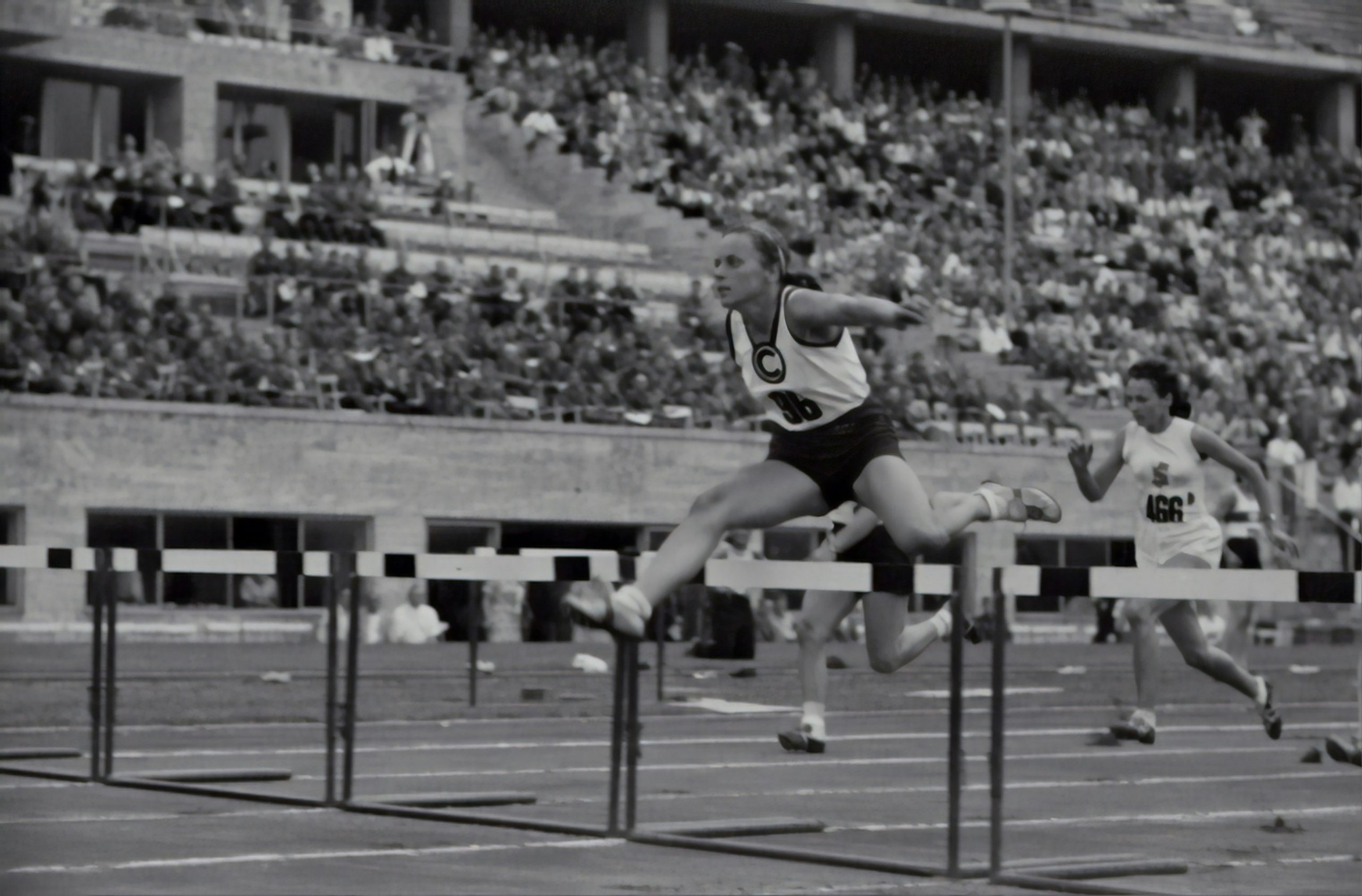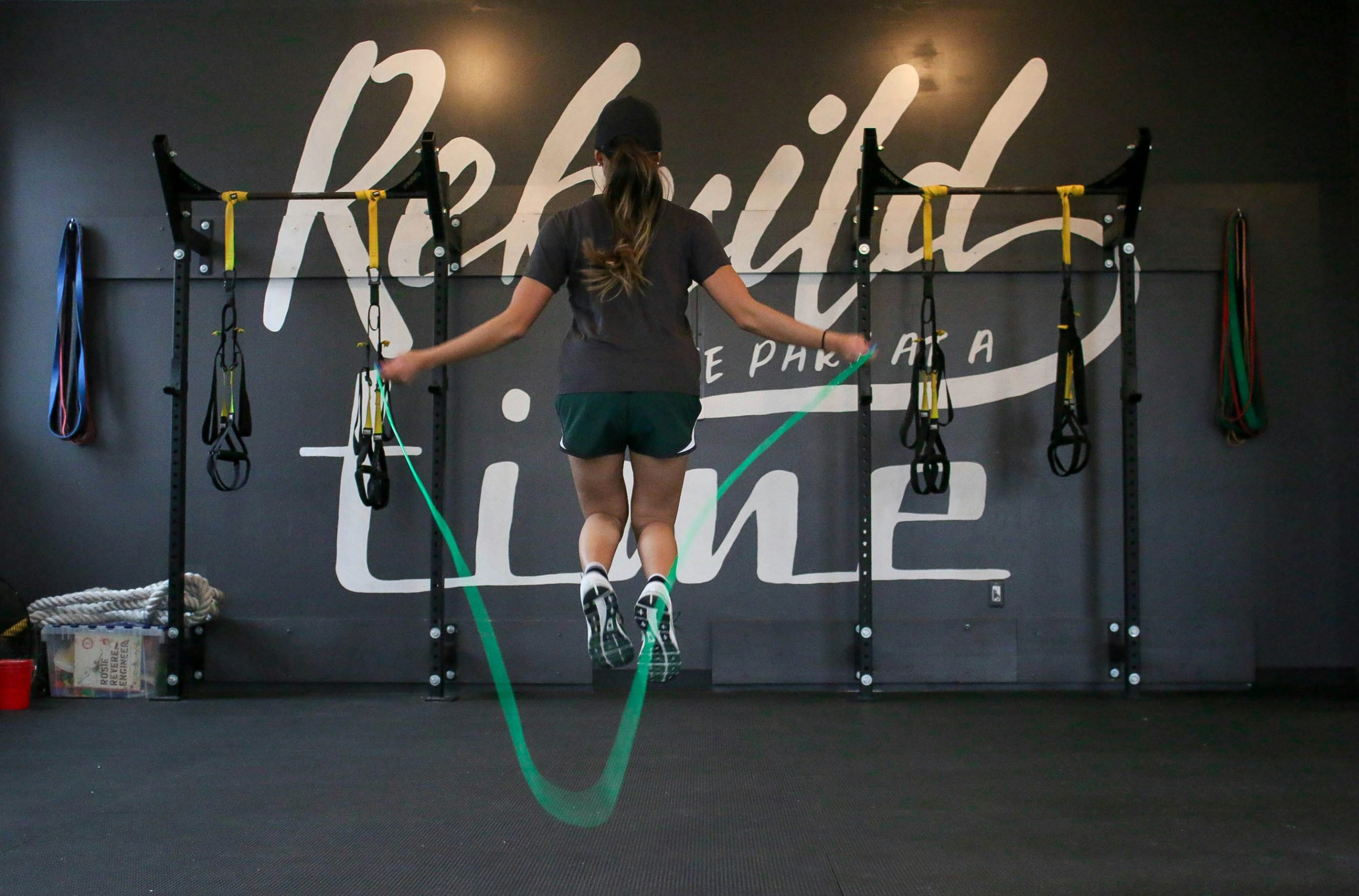
Community Impact of Hosting Sports Competitions
Hosting sports competitions has profound effects on communities beyond the immediate economic benefits. These events can enhance community spirit, promote local culture, and leave lasting legacies that extend far beyond the competition itself.
Economic Boost and Infrastructure Development
- Hosting sports competitions injects significant revenue into the local economy through tourism, hospitality services, and increased retail sales.
- Local businesses, from hotels to restaurants, experience a surge in customers, providing a short-term economic boost.
- Infrastructure improvements, such as new sports facilities or upgraded transportation networks, often accompany these events, benefiting the community long after the competition ends.
As an example, the 2012 London Olympics revitalized East London, transforming it from a neglected area into a vibrant hub with new housing, parks, and transportation links.
Social and Cultural Impact
Sports competitions can strengthen community bonds and promote inclusivity:
- Local residents often volunteer, fostering a sense of pride and engagement.
- Community events and cultural programs linked to the competition showcase local talent and traditions.
- Hosting diverse sports attracts spectators and participants from various backgrounds, celebrating cultural diversity.
For instance, the Rugby World Cup in Japan in 2019 showcased Japanese culture and hospitality to millions worldwide, boosting tourism and cultural exchange.
Health and Well-being
Large-scale sports events can inspire communities to adopt healthier lifestyles:
- Increased participation in sports and physical activities among locals motivated by the event.
- Legacy programs established by host cities often focus on promoting health and well-being post-event.
- Children and youth may be inspired by visiting athletes, leading to increased participation in local sports clubs.
The impact of the 2010 FIFA World Cup in South Africa highlighted soccer’s ability to unite communities and inspire social change, promoting health initiatives and youth development programs nationwide.
Environmental Considerations
While sports competitions can strain local resources, host cities increasingly prioritize sustainability:
- Green building initiatives for new venues and accommodations.
- Efforts to minimize carbon footprints through transportation management and waste reduction.
- Legacy projects that contribute positively to the local environment, such as urban green spaces.
For example, the 2016 Rio Olympics included extensive environmental initiatives, such as reforestation projects and water conservation efforts.
Challenges and Considerations
Despite the benefits, hosting sports competitions presents challenges:
- Financial risks if cost estimates exceed initial projections.
- Potential disruption to local businesses and residents during preparation and the event itself.
- Pressure to maintain facilities post-event, ensuring they continue to benefit the community.
Addressing these challenges requires careful planning, community involvement, and transparent governance.
Conclusion
In conclusion, hosting sports competitions can profoundly impact communities economically, socially, and culturally. While challenges exist, strategic planning and community engagement can maximize the benefits and create lasting legacies that enhance the quality of life for residents long after the event concludes.



